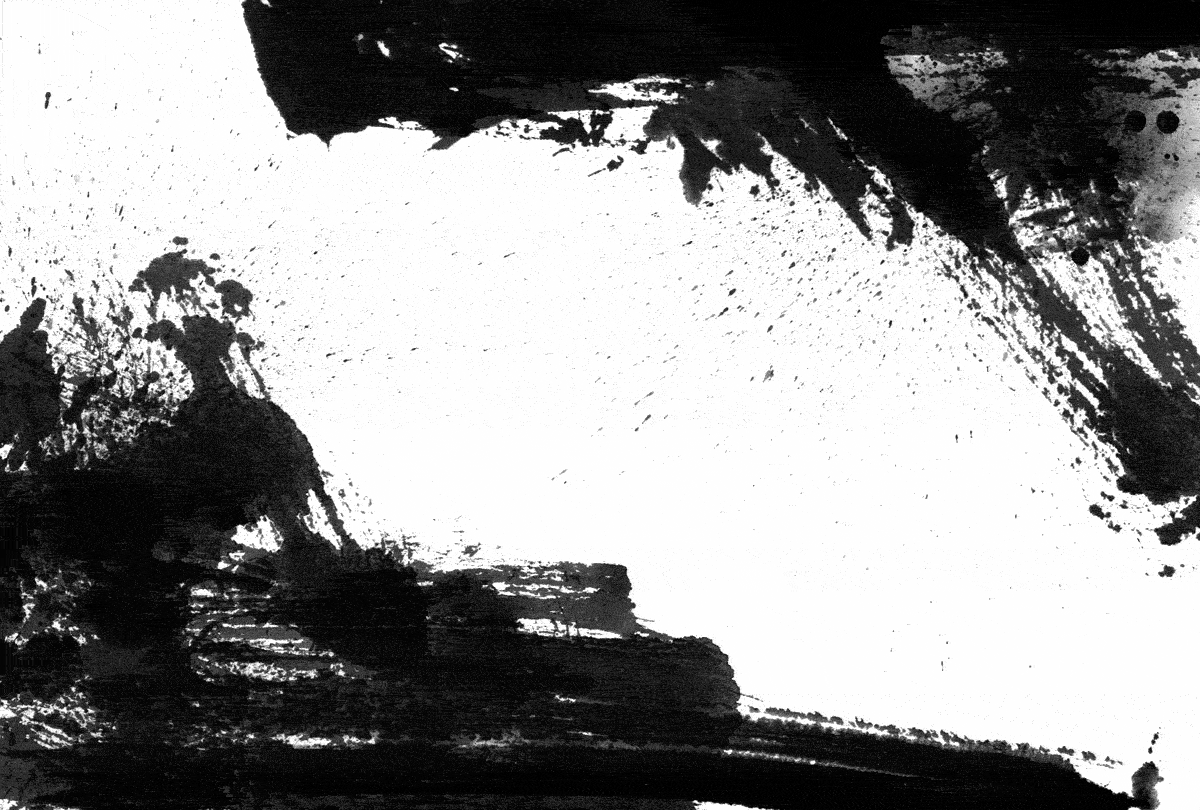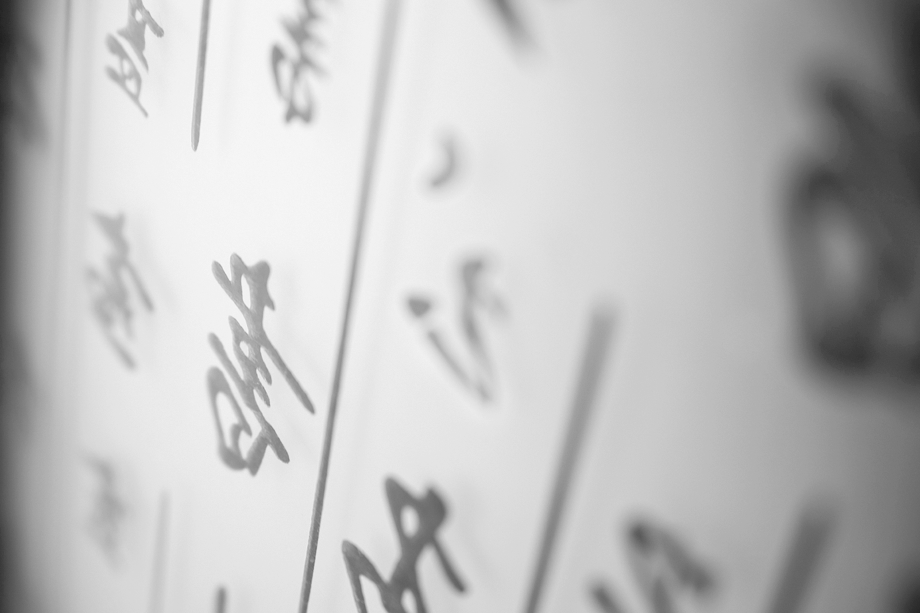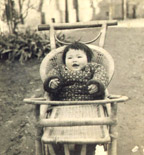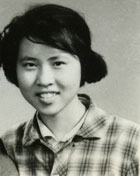Can Xue
Biography
Can Xue (Deng Xiaohua), whose pseudonym in Chinese means both the dirty snow that refuses to melt and the purest snow at the top of a high mountain, was born in 1953 in Changsha City, Hunan Province, in South China. She lived in Changsha until 2001, when she and her husband moved to Beijing. In 1957, her father, an editorial director at the New Hunan Daily News, was condemned as an Ultra-Rightist and was sent to reform through labor, and her mother, who worked at the same newspaper, was sent to the countryside for labor as well. Because of the family catastrophe during the Cultural Revolution, Can Xue lost her chance for further education and only graduated from elementary school. Largely self-taught, she loved literature so much that she read fiction and poetry whenever she could. In her younger days, she liked classical Western literature and Russian literature the best, and they remain her favorites today. Can Xue has studied reading and writing in English for years, and she has read extensively English texts of literature.
Regarded as one of the most experimental writers in the world by some literary scholars and readers, Can Xue describes her works as “soul literature" or "life literature." She is the author of numerous short-story collections and four novels. Six of her works have been published in English, including Dialogues in Paradise (Northwestern University Press, 1989), Old Floating Cloud: Two Novelllas (Northwestern University Press, 1991), The Embroidered Shoes (Henry Holt, 1997), Blue Light in the Sky and Other Stories (New Directions, 2006), Five Spice Street (Yale University Press, 2009), and Vertical Motion (Open Letter, 2011). A novel and a commentary book on Kafka are forthcoming from Yale University Press. She has also published books of commentary on Borges, Shakespeare, Dante, Goethe, Italo Calvino, and Bruno Schulz. She claims that all of her works are from the experiments in which she takes herself as the subject.





